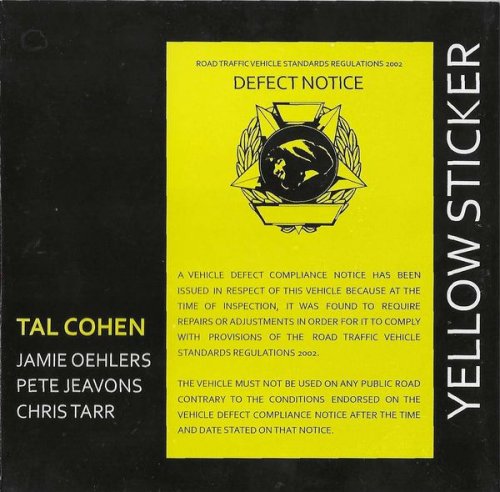Steve Gibbons Band - Down In The Bunker (Reissue) (1978/2000)
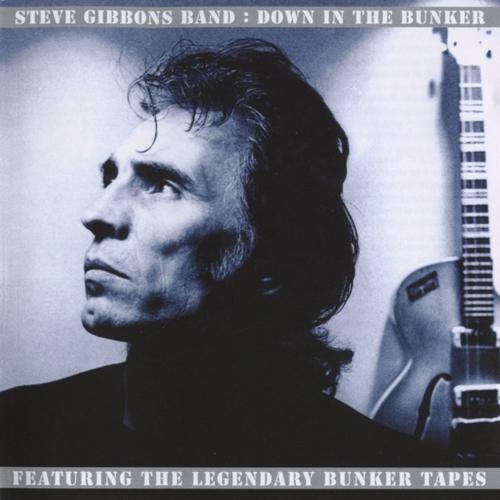
Artist: Steve Gibbons Band
Title: Down In The Bunker
Year Of Release: 1978/2000
Label: Road Goes Forever
Genre: Rock, Rock & Roll, Pub Rock
Quality: Mp3 320 / Flac (tracks, .cue, log)
Total Time: 01:08:07
Total Size: 180/458 Mb (scans)
WebSite: Album Preview
Title: Down In The Bunker
Year Of Release: 1978/2000
Label: Road Goes Forever
Genre: Rock, Rock & Roll, Pub Rock
Quality: Mp3 320 / Flac (tracks, .cue, log)
Total Time: 01:08:07
Total Size: 180/458 Mb (scans)
WebSite: Album Preview
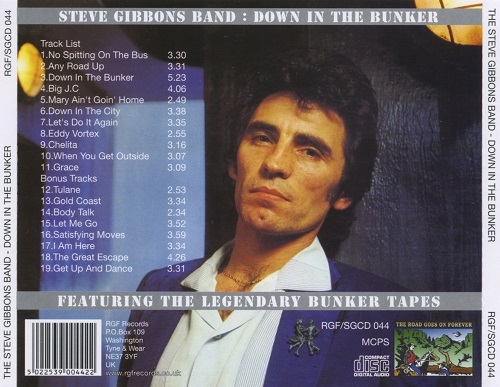
Tracklist:
01. No Spitting On The Bus 03:32
02. Any Road Up 03:35
03. Down In The Bunker 05:26
04. Big J.C. 04:09
05. Mary Aint' Goin' Home 02:51
06. Down In The City 03:41
07. Let's Do It Again 03:38
08. Eddie Vortex 02:56
09. Chelita 03:19
10. When You Get Outside 03:10
11. Grace 03:10
Bonus Tracks:
12. Tulane 02:53
13. Gold Coast 03:35
14. Body Talk 02:37
15. Let Me Go 03:54
16. Satisfying Moves 04:02
17. I Am Here 03:37
18. The Great Escape 04:29
19. Get Up And Dance 03:32
Line-up::
Steve Gibbons - Vocals, Electric Guitar, Acoustic Guitar
Trevor Burton - Electric Guitar, Acoustic Guitar, Backing Vocals
Dave Carroll - Fiddle, Backing Vocals, Lap Steel Guitar
Bob Wilson - Electric Guitar, Electric Piano, Backing Vocals, Bass, Synthesizer [Moog], Twelve-string Guitar [Electric], Acoustic Guitar, Organ
Bob Lamb - Drums, Percussion
Nick Pentelow - Saxophpne
Sometimes referred to as Birmingham, England's answer to Bob Seger, with his working-class rock & roll and tough, British wit, Steve Gibbons' first two releases for MCA were hit-and-miss affairs which garnered him a U.K. hit with Chuck Berry's "Tulane," as well as a fan base that included members of the Who. This would have undoubtedly been enough on which to build a journeyman career, but with his fourth record, Down in the Bunker, there seems to be a shift in attitude -- from the choice to use David Bowie and T. Rex producer Tony Visconti on down to Gibbons' new appearance (from bearded, long-haired, leather-clad rocker to clean-shaven, nattily attired bandleader) -- that takes things to a new level. And while there's still a bit of Gibbons and company's former rock & roll swagger, there's also an understated intelligence that had been suggested in the past, but is truly evident here. Musically and vocally, Down in the Bunker shows obvious American influences, but lyrically Gibbons' songs touch on questions of class, race, sexual orientation, and trends, with a decidedly British bent. Tracks like "No Spitting on the Bus" and "Down in the City" paint a picture of urban life in England, ranging from its most mundane to its very edge, while "Mary Ain't Goin' Home" is a thoughtful yet never heavy-handed look at race and love. Elsewhere, two of the record's best tracks, the mythical "Big J.C." and the strange postwar golf amalgam of the title cut, suggest certain periods but also seem to defy a definite stamp of time, much like the record's post-pub rock rock & roll. "Big J.C." hints at the Old West without necessarily committing, while "Down in the Bunker" has a more ominous, futuristic, and militaristic feel that seems almost Orwellian at times. Compared with Down in the Bunker, Gibbons' first two major-label studio efforts seem like merely promising indicators of a career that don't really prepare you for what's to come. Reissued on CD in 2000 by Road Goes on Forever, this is the best, most consistently satisfying album of Steve Gibbons' career, as well as one of the highlights of British rock & roll in the late '70s.
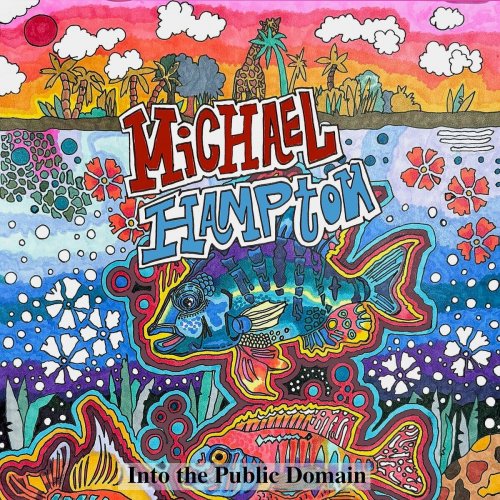
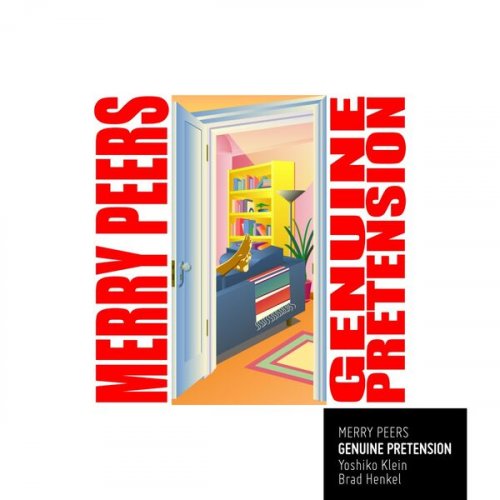


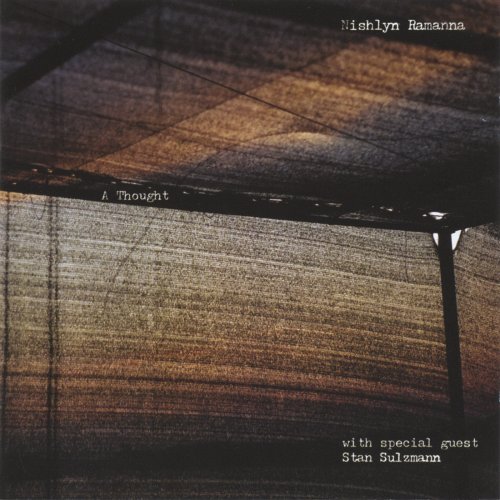
![Tim Kliphuis, Maya Fridman, Marc van Roon - Kosmos (2025) [Hi-Res] Tim Kliphuis, Maya Fridman, Marc van Roon - Kosmos (2025) [Hi-Res]](https://www.dibpic.com/uploads/posts/2025-12/1765893448_folder.jpg)
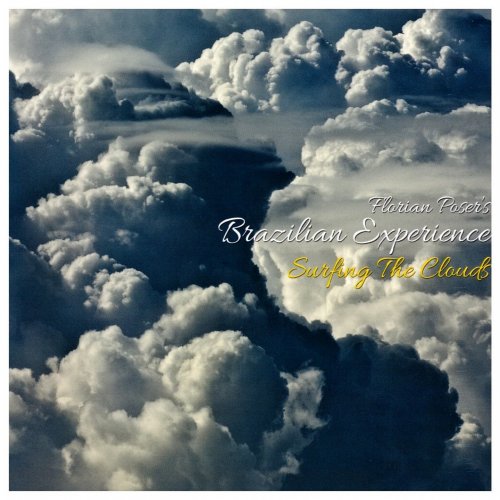
![Wadada Leo Smith - Divine Love (1979/2025) [Hi-Res] Wadada Leo Smith - Divine Love (1979/2025) [Hi-Res]](https://www.dibpic.com/uploads/posts/2025-12/1765802240_cover.jpg)
